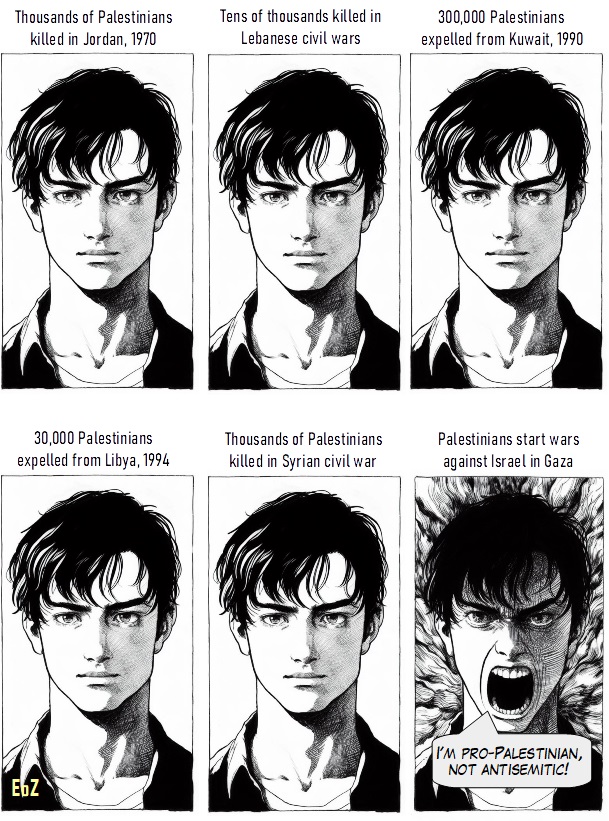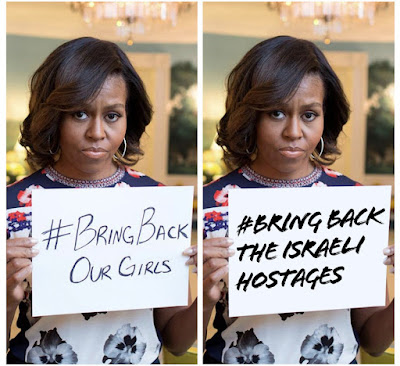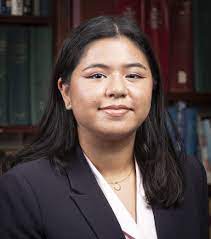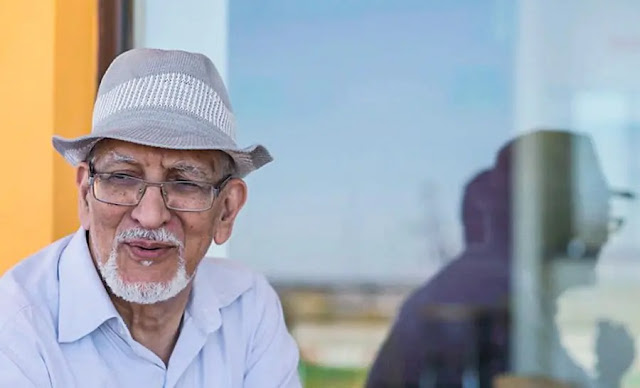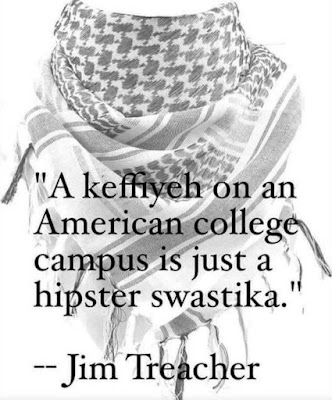By Forest Rain
When “How are you?” becomes a difficult
question
“So how are you?”
It shouldn’t be frightening to
ask such a banal question. In this case, I really wanted to know the answer,
but I was also afraid to hear it.
We were in kibbutz Nir David, in
northern Israel, talking to two lovely teenage girls we met by chance. They
were 12, maybe 13 years old. Best friends, one gorgeous Ethiopian girl, the
other a bright-eyed, talkative girl of Yemenite-Ashkenazi descent (we met her
father and grandfather later on).
They told us they were being
hosted by the kibbutz. 240 families evacuated from the Gaza envelope were
staying in this paradise on earth – after they had survived the Hamas-made hell
on earth.
Pulling myself together, I looked
into their eyes and asked: “So how are you?”
As if a dam opened up, these
smiling girls began to earnestly describe everything that happened to them on
October 7th and how they felt about it.
They were from Kibbutz Gvaram.
On October 6th the kids of Gvaram were having a “kids day”, with fun
activities and camping outside in tents.
Outside. My heart skipped a beat,
waiting to hear what happened next.
By chance, the girls woke up a few minutes before the Red Alert sirens went
off. They had to wake up all the other kids and race them to shelter. There was
one shelter close enough to reach in time, another, better shelter just a
little too far away.
They shoved as many kids as
possible into the shelter. The rest had to lie on the ground with their hands
over their heads and pray the missiles wouldn’t hit them.
The moment they could, the
fathers of the kids came running to pull their children back to the safety of
their homes. They already knew that this wasn’t a “standard” missile
bombardment, that terrorists were swarming into the country, slaughtering Jews.
The two friends went to the home
that was closest (that of the Yemenite girl). They spent seven hours barricaded
in the safe room of the house. They could hear the missiles and because the
house was close to the perimeter of the community, they could also hear the firefight
taking place outside.
The community guard, along with
the IDF battled the Hamas terrorists, preventing them from infiltrating the
kibbutz and committing the atrocities that occurred elsewhere.
The girls didn’t know the extent
of the horror that was happening in the country. What they did know is what
classmates living in other communities updated in their WhatsApp group:
“I’ve been hiding in the closet
for 14 hours”
“They are in my house!”
“They killed my father!”
Kids, telling their friends about
things no kid should ever even imagine. Kids, saying goodbye to their friends
because the terrorists might kill them next.
One of the girls said: “I left the
group. I couldn’t take it.”
Then they told us that Koren Tasa
is a classmate and friend of theirs. Koren is one of the boys whose story you
will find in descriptions of people who saw the footage of Hamas atrocities:
We see, from Hamas body
cams and overhead kibbutz surveillance, a father gather his two young sons,
clad only in underwear, and rushes them out of the house into a tiny
outbuilding.
A terrorist tosses a
grenade inside their hiding place. The father comes into frame and slumps to
the ground, dead.
The boys are yanked into
their kitchen, the floor splattered with blood. The younger sits at the small
kitchen table, the older boy nearby on a sofa, crying.
'DADDY! DADDY! DADDY'S
DEAD!'
One of the terrorists
observes their hysteria with boredom. He opens their refrigerator, looks
around, selects a bottle of water.
'Daddy's dead!' the
older boy tells his brother. 'It's not really a prank!'
The younger boy has gone
still, his head in his hands. 'I know,' he says. 'I saw.'
The terrorist holds up
the water bottle, reconsiders, then puts it back and pulls out a near-empty
two-liter plastic Coke bottle.
'I want my mom!'
The terrorist
swigs the soda as he strolls out the door.
The older brother goes
to the younger. He sees that one eye is bruised and bloodied.
'Can you see with this
eye?
'No.'
'You're not joking?'
'No.'
There is even more blood
on the floor now. A TV flickers out of frame.
The older boy collapses
and begins keening.
'WHY AM I ALIVE?' he
howls. 'WHY?'
Koren, his younger brother, and mother survived the attack. Their older brother
was murdered on the beach in Zikim, along with numerous other kids from their
school. The video of their murder can be easily found online – I hope to God
these girls haven’t and won’t see it.
They told us about Gil Tasa, Koren’s
father: “He was an extraordinary man.”
Lenny asked the girls if what
happened changed the way they thought about life.
They answered: “I used to think
they [Gazans] were people. Human beings. Now I see that they aren’t.”
Lenny told them about how when he
was young parents used to tell their kids: “When you grow up, you won’t have to
go to the army. There will be peace.”
To my surprise, one of the girls
said: “My parents said that too. Now I know they were wrong.”
While their words flowed out of
them, these girls were both solid at their core. Sad but not broken. I wanted
to give them something to hold on to, so I explained:
“Peace is not possible, but
safety is. We need to be very very strong to keep them from attacking us and
you will be able to go home and be safe.”
They sighed and nodded with
acceptance. They instinctively felt this to be true.
They know that this is what our army is striving to achieve.
I wanted to hug them and keep
them safe and happy. I can’t so instead I told them a little of what I know
about grief and trauma: “Your friends who went through horrible things don’t
need you to tell them the right things. There is nothing right to say. What
they do need is for you to be with them. It’s ok to smile and laugh with them.
They need you to smile and laugh. Everything will be all mixed up together but
if you are with them, they will be ok.”
They promised: “We will.”
|
 Buy the EoZ book, PROTOCOLS: Exposing Modern Antisemitism today at Amazon! Buy the EoZ book, PROTOCOLS: Exposing Modern Antisemitism today at Amazon!
Or order from your favorite bookseller, using ISBN 9798985708424.
Read all about it here!
|

|

 Elder of Ziyon
Elder of Ziyon







